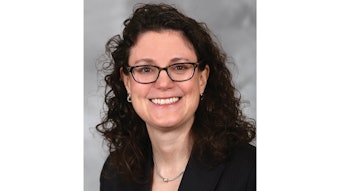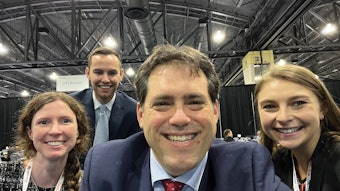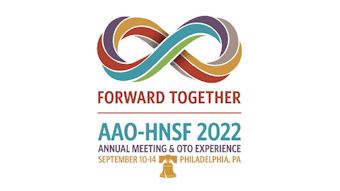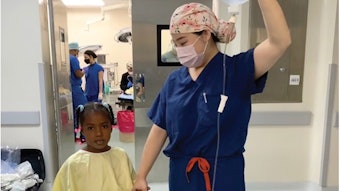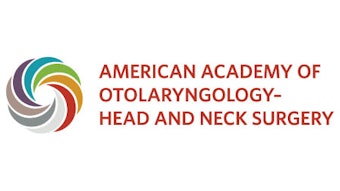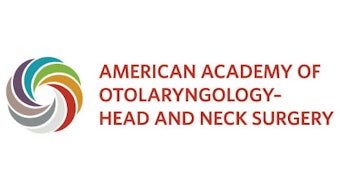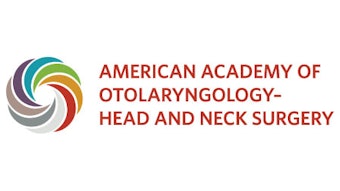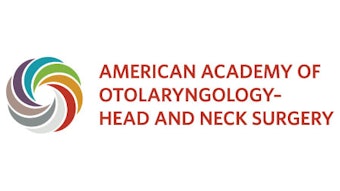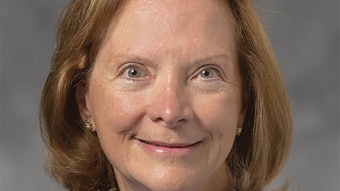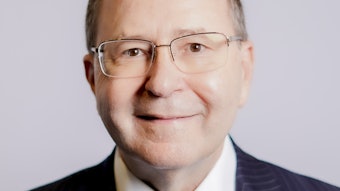OUT OF COMMITTEE: Media and PR | Avoiding Media Pitfalls
As the internet has allowed these forms of media to become ubiquitous in our day-to-day lives, our role and presence as physicians on these platforms has also evolved.
Deborah X. Xie; MD, Nicole L. Aaronson, MD, MBA; Lisa R. Chase, MBA; Inna A. Husain, MD; Geoffrey A. Smith, MD; Yu-Lan Mary Ying, MD; and Erich P. Voigt, MD (Chair)
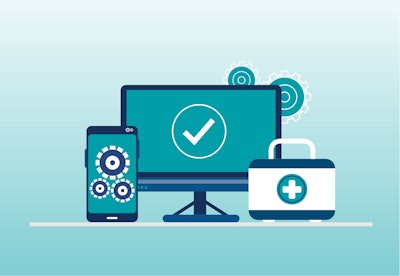
Being asked to give a media interview or comment on a trending medical news topic can be tempting and exciting for a physician. The media sector moves rapidly, and a physician may encounter pressure to participate. If you are in practice, it may be wise to review your institution’s guidelines and restrictions before launching into the media realm.
Experiences and interactions with the media have resulted in both positive and negative consequences for physicians. Recently, during the COVID-19 pandemic, reports of physicians fired for publicly expressing their concerns over access to personal protective equipment and lack of healthcare resources were not unique events. In addition, hospitals have justified suspension and employment termination based on social media posts that contain misinformation or HIPAA violations.3,4
Below are suggestions from the AAO-HNS Media and PR Committee to prepare you for successful media engagements.
Live and Print Media
- Review your institution’s media guidelines. Connecting with your institution’s marketing team, media department, or public relations officials prior to conducting an interview can be helpful to prepare. A seasoned marketing department will be able to provide resources to help you succeed. Your institution may require all media communication to be approved prior to the engagement.
- Incorporate your brand into interviews. Remember you are representing a larger entity such as a medical school, hospital, or medical society. The comments you make should align with the values of the institution for which you work.
- Take command of your content. Prior to your interview, review the current information surrounding the topic in question, including scientific facts, data, and misconceptions.
- Communicate in clear, full sentences with language that the general public will understand. Complex medical terminology will likely not be understood.
- Ask to review print articles prior to their publication. A review will ensure that your comments are given the appropriate context.
- Practice eliminating “um,” “uh,” and “like” while speaking. This will ensure that your interview appears polished and prepared.
- Play devil’s advocate with yourself. Consideration of differing views will help you prepare for tough or even trick questions.
Social Media
- Avoid information protected by HIPAA or any information that could lead to identification of the patient. While many healthcare professionals share cases online for educational purposes and to seek support for challenging cases, even a few details may lead to identification of the patient. This can include the event date, time, and location of the patient. If a patient’s family member viewed the post, would they be able to tell you were writing about their family? For example, posting “Today I did an emergent intubation” could lead to identification of the patient. Consider posting a few days or weeks after a case to add another layer of anonymity.
- Obtain written consent from patients if there are any identifiable images or information prior to posting. Even images of radiographic scans or endoscopy videos may inadvertently identify a patient. When in doubt, have a patient provide consent.
- Refrain from providing medical advice to patients or potential patients online. Part of building a brand involves interacting with followers on social media. However, it is important to be mindful of giving medical advice outside our established patient-physician communication methods. If individuals are interested in a formal consultation for your medical opinion, they should be evaluated in the office. Consider adding statements that your account is not intended for direct medical advice but for educational purposes.
- Research hashtags before posting. Using relevant hashtags will help your content reach a broad audience. Check for options at www.best-hashtags.com. For example, searching “#rhinoplasty” will show you the additional popular hashtags associated with rhinoplasty.
- Remain professional. Some individuals may have separate “personal” accounts to connect with friends and family and “professional” accounts for networking. Even for posts on “personal” accounts, nothing on the internet can truly be considered private. We must acknowledge that the definition of “professional” certainly varies between individuals. One example is discussing social issues that affect our patients (e.g., abortion care or gun control). Some physicians view it as their duty to be involved in these matters as they affect the care our patients can receive, while others may be uncomfortable discussing such matters. Adhere to topics that you feel comfortable discussing publicly and are within your specialty/expertise. For those posting about controversial topics, be civil when engaging with others, and expect the digital critics to emerge and comment.
- Remember that comments or images posted on social media can live in perpetuity, even after deleted.
Tread through the world of media with caution, but enjoy the process. Did you ever see a Wall Street analyst say on television, “We’re cautiously optimistic about the economy?” It almost sounds like an oxymoron, but it makes sense for interviewees so not to have to eat their words in the future. Perhaps we can be “cautiously fearless” with healthcare content.
References
- Shearer E. More than eight-in-ten Americans get news from digital devices. Pew Charitable Trust. Published January 12, 2021. https://www.pewresearch.org/fact-tank/2021/01/12/more-than-eight-in-ten-americans-get-news-from-digital-devices/
- Pew Research Center. Social media fact sheet. Published April 7, 2021. https://www.pewresearch.org/internet/fact-sheet/social-media/
- Salcedo, A. Hospital revokes Houston doctor’s privileges for ‘spreading dangerous misinformation’ about covid on Twitter. The Washington Post. November 15, 2021. https://www.washingtonpost.com/nation/2021/11/15/houston-doctor-suspended-hospital-misinformation-covid/
- Patel AL. Violating HIPAA on social media — does it always warrant getting fired? Medscape. Published July 16, 2021. https://www.medscape.com/viewarticle/954501

